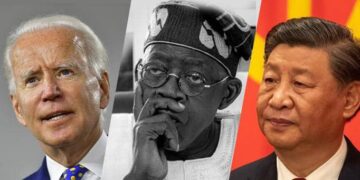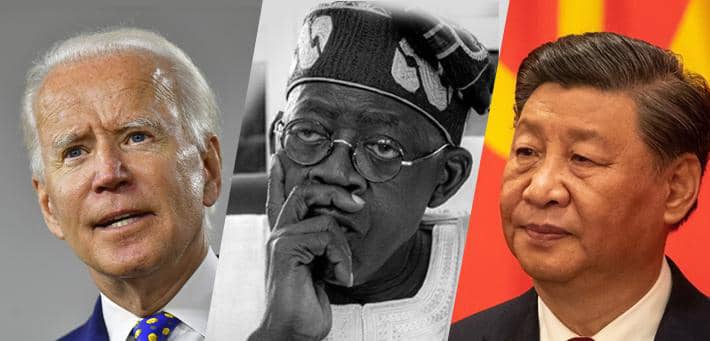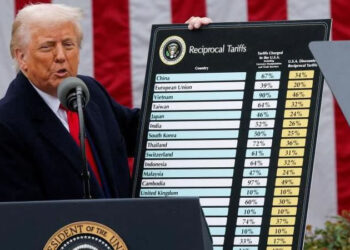By Lucy Adautin
A US appellate court has dismissed Nigeria’s claim to sovereign immunity, allowing a Chinese consortium to continue its efforts to seize Nigerian assets abroad, deepening a crisis that President Bola Tinubu has been trying to contain in Europe and prevent from escalating to other regions.
On August 9, 2024, the US Court of Appeals for the District of Columbia ruled against Nigeria, finding that the country had severely violated both fundamental and commercial rights of executives from a Chinese firm involved in a trade zone agreement with Nigeria.
The dispute arose after Chinese workers from Zhongshan sought to enforce an arbitration award in the US following a favorable ruling in the United Kingdom in 2021. The UK court had awarded the Chinese expatriates $55.6 million in compensation and $75,000 in moral damages, along with interest and legal fees, due to a breach of contract by Nigeria.
The conflict traces back to a failed contract between Zhongshan and the Ogun State government. In 2007, the two parties had entered into an agreement to develop a free trade zone. However, after years of development, former Governor Ibikunle Amosun allegedly terminated the contract unilaterally, employing dubious methods to avoid honoring the terms of the agreement.
The Chinese workers claimed they were wrongfully arrested, detained for weeks without charges, and subjected to torture by Nigerian police officers. The UK court found the evidence presented by the Chinese workers compelling, leading to the substantial award.
In an attempt to block the enforcement of the judgment in the US, Nigeria argued before the United States District Court for the District of Columbia that its sovereign immunity protected it from being sued in American courts. However, the federal judge rejected this defense, citing Nigeria’s obligations under the New York Convention, which allows arbitration involving sovereign entities.
Following the initial ruling, Nigeria filed an interlocutory appeal on April 22, 2024. The appellate court, with a two-to-one decision, ruled that Nigeria had forfeited its immunity by participating in the contractual violations alongside Ogun State.
The court further explained that because Ogun is a federating unit of Nigeria, the country as a whole could be held accountable for the breach against the Chinese consortium.
“Whether the arbitration exception applies in this case therefore turns on whether a treaty—specifically, the New York Convention—governs the Final Award,” the majority, Patricia Millett and Michelle Childs, said. “We hold that it does because the Final Award arose from (1) a legal relationship, (2) that is considered as commercial, and (3) is between persons.”
The judges also concluded that “Zhongshan and Nigeria shared a legal relationship because Nigeria owed Zhongshan legal duties under the Investment Treaty.” The treaty was signed between Nigeria and China in 2001, allowing free trade zones to be established to promote the commercial interests of both countries.
The dissenting judge, Greg Katsas, said Nigeria should not be stripped of its immunity because the targeted assets also came under the country’s sovereign umbrella.
The matter can now proceed in the lower court, which had already signalled its intention to allow the Chinese to pursue Nigeria’s assets in the US Nigeria has fixed assets across the US and deposits from crude earnings with financial behemoth JP Morgan.
The decision came days after the Chinese investors obtained court orders in France to pursue Nigeria’s European assets. They immediately initiated attempts to seize Nigeria’s private jets in different European jurisdictions.
In separate but similar statements, the the federal government and Ogun State attacked the Chinese as fraudulent, compared the case to the infamous P&ID case and said efforts had commenced to overturn the judgement in France.
Both authorities, however, did not immediately say whether they had heard about the development in the US, much less if they would appeal the decision to the US Supreme Court.




































